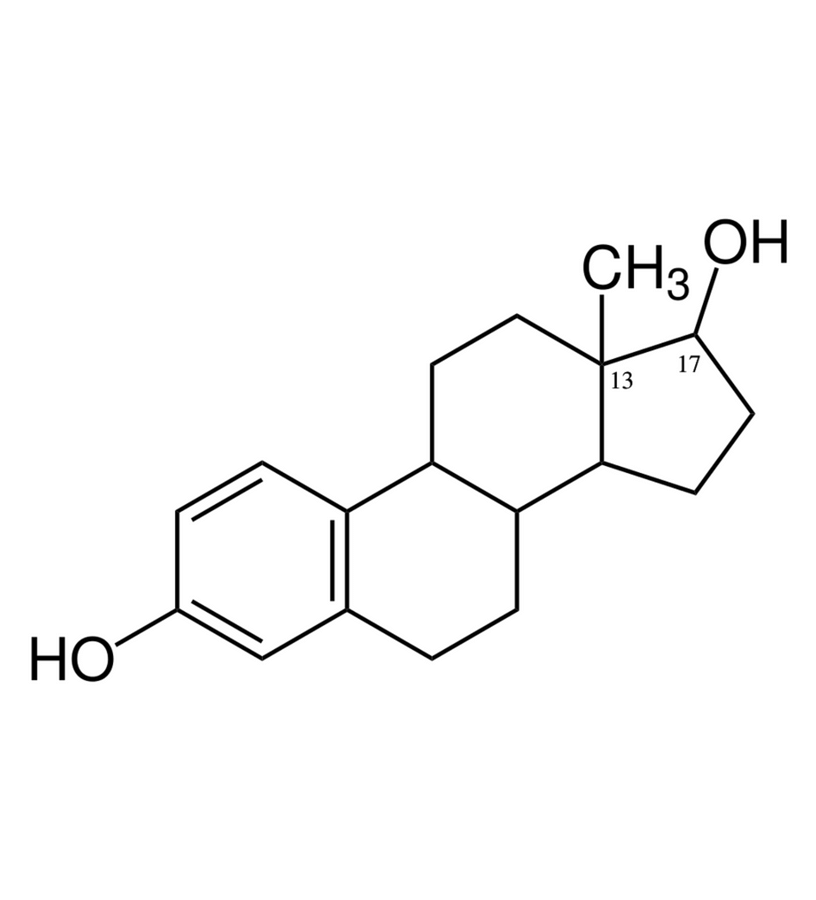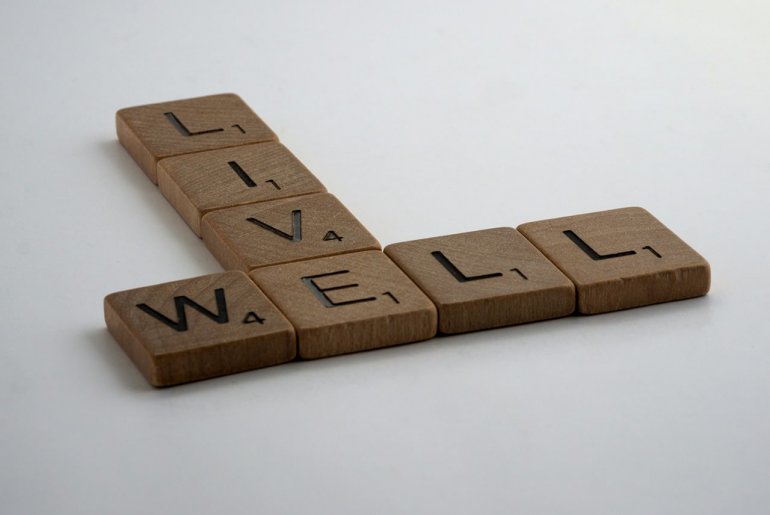
As if going through the various stages of menopause doesn’t throw enough your way, you might notice some changes in your sex drive.
While there’s mixed evidence about the direct link between libido and the menopausal transition, there’s little doubt that hormones play some part in causing many women to lose their mojo. (1)
Let’s look at the way hormones can be responsible for a shifting sexual desire and what you can to do mitigate it.
What Hormones Play a Factor In Your Sex Drive?
There are many factors that can cause your libido to flag during menopause.
From problems sleeping to bladder control issues, stress and anxiety to weight gain and hot flashes, even the side effects of the medication you might be taking, it’s only natural that you might become less interested in sex.
All this is perfectly understandable but how about the hormones that can negatively impact your sex drive?
There are two main culprits:
- Estrogen
- Testosterone

Estrogen
As levels of estrogen fluctuate during menopause, sexual desire can decrease. (2)
Another repercussion of lowered levels of estrogen is the tendency to vaginal dryness. It’s only natural this can lead to pain during intercourse. This, in turn, can cause many women to find less interest in sex. It ain’t much fun if it hurts. (3)
Testosterone
While it might be something you associate with men, testosterone is central to sexual desire in every sense.
From initial arousal through to lubrication, response and orgasm, having properly regulated levels of testosterone help libido. (4)
Women produce testosterone in the ovaries and adrenal glands. During menopause, the primary supply comes from the adrenal glands as the ovaries prepare to shut down. (5)
Why You May Be Experiencing an Imbalance In These Hormones
It’s only to be expected that during this transition, imbalances in these hormones can have the unpleasant effect of reducing a woman’s sex drive.
The drop in estrogen levels explains a great deal.
The way in which blood supply to the vagina is reduced along with a thinning of the walls brings about the physical effects of dryness, itching, irritation and improper lubrication. (6)
Beyond this, the way in which imbalanced hormones provoke other symptoms commonly associated with menopause can lead you to feel less desire for intercourse. Whether you’re experiencing mood swings that make you irritable or you’re feeling self-conscious about your weight, when you’re not at your best, sex drive can easily be affected.

How Can You Increase Your Sex Drive?
- Create The Mood: Take the time to get yourself in the mood for sex if your natural desire is flagging. Set the scene with some scented candles in the bedroom. Start with a romantic walk then return home for some gentle back rubs and slow foreplay. Ease into things slowly. Remove the pressure on yourself and you might be amazed at the difference.
- Use Lubrication: If you’re suffering from vaginal dryness, consider a lubricant. Again, make applying this part of the fun of sex rather than viewing it as a mechanical chore. Taking direct physical action against the symptoms that are robbing you of your libido is a surefire way to fight back effectively against the challenges of menopause.
- Use HRT Cream: Whether or not you want to start hormone replacement therapy, using an HRT cream is a great method of combating vaginal dryness and itching. Addressing the physical symptoms is a great way to enhance your sexual desire. (7)
- Exercise More: Exercise can reduce the weight gain you might experience during menopause and it can also lift your mood. By feeling better about yourself physically and mentally, you could notice an upswing in your libido by taking the simple but effective measure of exercising more.(8) (9)
- Speak Openly With Your Partner: Last but by no means least, be frank and honest with your partner if your lust for sex is flagging. Discuss how you can implement some of the above advice and get things back on track in the bedroom.
Here’s some good news…
For many post-menopause women, freedom from the thought of getting pregnant and the absence of the rollercoaster of monthly menstruation means they enjoy sex more than ever.
If you are not one of these lucky women and you find your libido dropping, it’s good to know why, so you can know how to improve the situation.
REFERENCES
- https://www.ncbi.nlm.nih.gov/pmc/articles/PMC2834444/
- https://www.ncbi.nlm.nih.gov/pubmed/26944462
- https://www.ncbi.nlm.nih.gov/pmc/articles/PMC2806500
- https://www.ncbi.nlm.nih.gov/pmc/articles/PMC3474615/
- https://mysecondspring.ie/menopause-symptoms/changes-in-libido-and-sex-drive
- https://www.ncbi.nlm.nih.gov/pmc/articles/PMC4184497/
- https://www.vergowoman.com/2018/03/30/what-is-hrt-cream/
- https://www.ncbi.nlm.nih.gov/pmc/articles/PMC3630467/
- https://www.ncbi.nlm.nih.gov/pubmed/3168978



